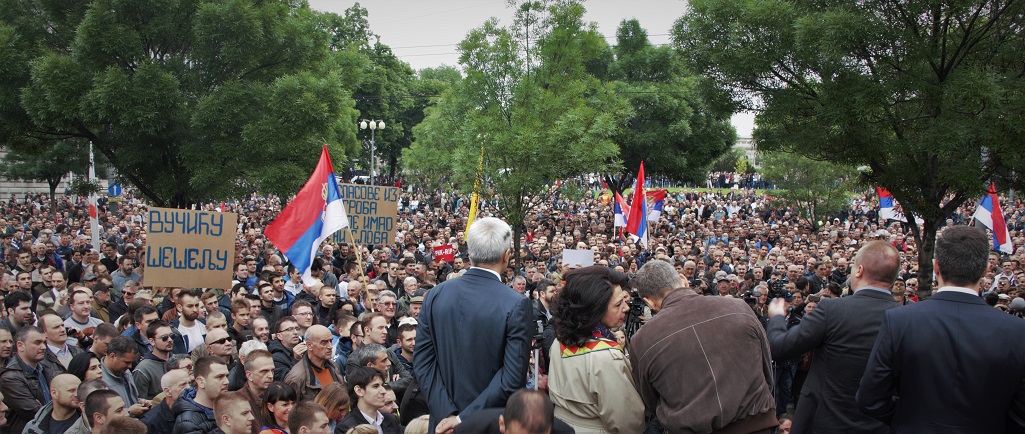 A protest against election fraud held April 30th was attended by almost 5 000 people. A unique aspect was that political opponents shared the same stage and the EU-friendly Democratic Party even called on its supporters to vote for the EU-sceptical party Dveri-DSS, which failed to enter parliament by one vote. Photo: Sergey Belous/Nya Tider
A protest against election fraud held April 30th was attended by almost 5 000 people. A unique aspect was that political opponents shared the same stage and the EU-friendly Democratic Party even called on its supporters to vote for the EU-sceptical party Dveri-DSS, which failed to enter parliament by one vote. Photo: Sergey Belous/Nya Tider
EU-supporters won in Serbia, but Russia-friendlies are gaining
The Serbian parlamentary elections on April 24th were won as expected by the ruling Serbian Progressive Party (SNS). The elections were held early, which is wildly interpreted as an attempt by Serbian Prime Minister Alexandar Vucić to capitalize on the support he still enjoys with currently stable popularity ratings as insurance against a possible loss in regular elections set for 2018
Published: May 28, 2016, 7:56 pm
Early parliamentary and municipal elections were held in Serbia on April 24th. Some Serbian and European politicians even called for a referendum on “the European choice” and future of the country.
But in reality, the voting was an attempt by Serbian Prime Minister Alexandar Vucić to capitalize on his stable popularity ratings as insurance against a possible loss in regular elections set for 2018. The growth of Euro-skepticism in Serbia and the foreign demands for painful economic reforms as a part of Euro-integration will mean more mass layoffs, cuts in social payments, and a drop in living standards.
The election result was predictable: Vucić’s governing coalition, dominated by his Serbian Progressive Party (SNS) took almost half the votes cast – 48,3 percent – taking a disproportional majority of 131 seats of the 250 seats in Parliament.
The result was 27 seats fewer than in the last early elections he called in 2014, as Euro-skeptics managed to exceed the 5% minimum for seats in Parliament. In particular, the Serbian Radical Party (8,1%, 22 seats) led by Dr Voislav Šešelj (who spent a decade defending himself against false charges in The Hague before being released “Not guilty”) managed to clear the 5% hurdle. Another party that claims to oppose EU membership is the DSS-Dveri coalition (the Democratic Party of Serbia and the “Dveri” movement) which got 5,04% for 13 seats.
The rhetoric of these political forces was pro-Russian and anti-NATO in the electoral campaign. However, the success of the ruling party (SNS) was largely achieved owing to a foreign policy expressly friendly toward Russia (in spite of the recent deals with NATO that officials tried to hush up).
An interesting detail: the SNS coalition named “Serbia wins”, also included the Euro-skeptic Serbian Popular Party (SNP) of prominent businessman-Russophile Nenad Popović, who modified the coalition motto to read “Only with Russia Serbia wins”. This element was highlighted in every way, while the fact that the coalition also includes the pro-NATO “Serbian Renewal Movment” of Western-backed Vuk Drašković was hidden. Both of these opposing coalition parties got three seats through their membership in the coalition.

“Only with Russia Serbia wins”. This was the slogan of the Euro-skeptic Serbian Popular Party (SNP) of prominent businessman-Russophile Nenad Popović. The odd thing was that this party was part of the ruling pro-EU coalition, “Serbia wins”. Photo: Sergey Belous/Nya Tider
The Parliament now includes – at least declaratively – 39 Euro-skeptic MPs who are more or less Moscow-oriented, but which are not a united bloc mainly due to personal conflicts and suspicions as to the veracity of each other’s politics. Although these few Euro-skeptics cannot significantly alter the foreign policy vector of Serbia, they will complicate foreign policy somersaults on alliance with NATO and the EU, and will certainly threaten a blaze of publicity and an escalation of political tensions in the country.
It should also be noted that the former main SNS coalition partner – the Socialist Party of Serbia – headed by former First Vice-Prime Minister and former Foreign Minister Ivica Dačić, has lost much of its influence, taking only 10,95% of the vote, or 29 seats (15 fewer than in 2014).
Several pro-Western “opposition” parties also entered the Parliament: the Democratic Party (DS; 6,02% or 16 seats), a neo-liberal party “Enough is enough!” (also 16 seats) led by Šasa Radulović (one of the dearest guests at the American Embassy) and the so-called “leftist” ultra-liberal coalition SDS-LDP-LSV (5,02% or 13 mandates). LDP leader Čedomir Jovanović wants Serbia to join NATO, recognize “independent” Kosovo, put sanctions on Russia and promote LGBT parades.
Ethnic minorities (Hungarians, Bosnians, Slovaks and Albanians) maintained their seats, required as they are to meet a much lower cutoff percentage.
Unprecedented violations of procedure and vote-falsifications are commonly reported – with even the dead voting (several of my friends in Belgrade received notes that their deceased relatives were still on the voting lists) and boxes of votes from some polling stations were even transported in the personal vehicles of officials from the ruling SNS (a criminal offence). No wonder that party leader Alexandar Vucić, while announcing preliminary election results in accordance with SNS calculations (based on data from 77% of the polls) said: “The SNS did best [in the elections] even better than all the observing agencies and better than the Republic’s Electoral Commission”.
The REC (that, by the way, is controlled by SNS functionaries) was at the same time surprisingly passive: if usually the first preliminary results were publicized after 10 PM, this time the Commission loitered until the dead of night. And then, when in the early hours of April 25 the opposition started to complain of the most blatant rigging with growing intensity, the REC started to publish the first results, with the majority of the opposition parties showing lower numbers of seats – „We’ve had enough!“, Dveri-DSS and SDS-LDP-LSV below the 5% threshold, which caused hot and robust discussion of the parties’ leaders with the representatives of the Commission.
Finally, after a long squabble and having received numerous complaints, the REC published the updated results taking into account the new data, according to which all the above-mentioned parties after all entered Parliament. However, having processed only 98,51% of the votes by April 26, the REC ultimately stuck with the processing of the remaining 1,5%, and, finally, declared on April 29 that it was exactly the Euro-skeptical coalition Dveri-DSS that had failed to get into Parliament, as it allegedly lacked one (!) vote! Nevertheless, as glaring violations of the procedure had been registered at 15 constituencies, the REC announced the second round of balloting there on May 4, which eventually served as a life-line for the Dveri-DSS coalition. Such attempts at control by the REC authorities to “throw” the above-mentioned opposition parties “overboard” have on the contrary forced them to consolidate in the face of their common enemy, in spite of all their ideological differences (as early as during the night in the aftermath of the elections, while waiting for the preliminary results, some of them have for the first time exchanged telephone numbers).
After the absurd and the manifestly orchestrated “sentence” of a Dveri-DSS coalition, to universal surprise, it received every imaginable moral support from those exactly opposite in orientation, the openly pro-Western political forces. On the one hand, it is clearly in the interests of this part of the opposition to do everything possible in order to get the ideologically opposed, but anti-government coalition into Parliament, thereby depriving the SNS (in case of a redistribution of the votes) of 7 additional seats in Parliament. On the other hand, such a somersault on the part of Dveri-DSS caused a storm of disputes and sparked a series of conspiracy theories (one of them was publicly promoted by Dr Vojislav Šešel, their ideological kin in many respects, who accused the coalition leaders of garnering the support of the American Embassy). The most popular of these theories implies that the West conspired in the establishment of a new “DOS” against the rebellious A. Vučić. (DOS – the Democratic Opposition of Serbia – was the name of the US-backed coalition formed to oust Slobodan Milosevic; most political movements constituting it had been pro-Western, with the exception of its leader – Vojislav Koštunica, the founder and the then head of the DSS, who possessed the reputation of a nationalist and anti-American).
However, one should not reject the possibility of even such an occurrence, but at the same time it should be taken into account that their third failure at elections would have been fatal for “ Dveri” (for DSS it would have been their second, but also fatal failure) – and due to this reason they have had to make all kinds of alliances and accept all sorts of support, even coming from their ideological enemies.
Also, the protest (with about 5000 people) against the vote rigging organized on April 30 by the spontaneously united miscellany of anti-Vučić parties presented an odd sight and caused an ambivalent attitude among many of the onlookers: until recently, the public appearance of the ultra-liberal Čedomir Jovanović (LDP) and Russian-oriented Boško Obradović on the same stage seemed to be an outlandish idea, falling within the category of a crazy fantasy. Although the rhetoric of the pro-Western opposition was in the spirit of liberalism (the main message being that although they do not support the concepts of their ideological opponents, they werre ready to fight for their counterparts’ right to hold those ideas), the leader of the Democratic Party Bojan Pajtić called on his electorate to vote for “Dveri“-DSS at the repeat elections on May 4 (in 15 constituencies). Such united performance has seriously undermined the image of the coalition and deepened the rift in the patriotic political camp. The second ballot itself was successful for the coalition: it won almost 25% of the votes in those 15 constituencies, having largely compensated for “coming short” of one unfortunate vote during the general election.
All rights reserved. You have permission to quote freely from the articles provided that the source (www.freewestmedia.com) is given. Photos may not be used without our consent.
Consider donating to support our work
Help us to produce more articles like this. FreeWestMedia is depending on donations from our readers to keep going. With your help, we expose the mainstream fake news agenda.
Keep your language polite. Readers from many different countries visit and contribute to Free West Media and we must therefore obey the rules in, for example, Germany. Illegal content will be deleted.
If you have been approved to post comments without preview from FWM, you are responsible for violations of any law. This means that FWM may be forced to cooperate with authorities in a possible crime investigation.
If your comments are subject to preview by FWM, please be patient. We continually review comments but depending on the time of day it can take up to several hours before your comment is reviewed.
We reserve the right to delete comments that are offensive, contain slander or foul language, or are irrelevant to the discussion.
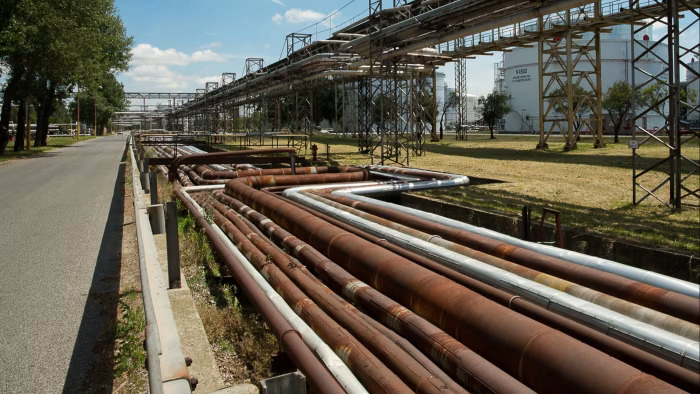
Czechs Return to Russian Gas as Cost of Alternatives Bites
After declaring "total independence" from Russian gas, Czechia back to sourcing 74% of gas from Russia

Poll: Most Ukrainians Want Peace Talks to End War With Russia
Support for talks greater in the east closer to the fighting
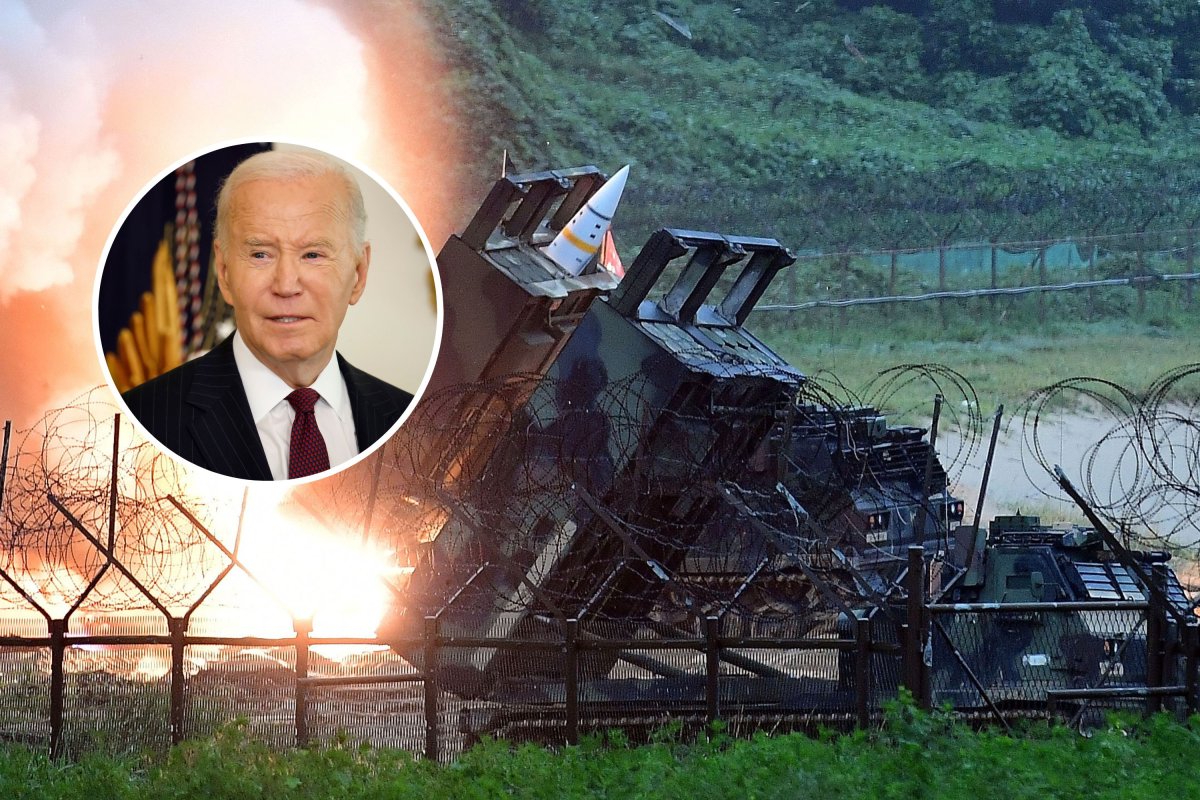
Biden Okays US Long-Range Missiles to Start Hitting Russia
The US will now directly support strikes deep inside Russia
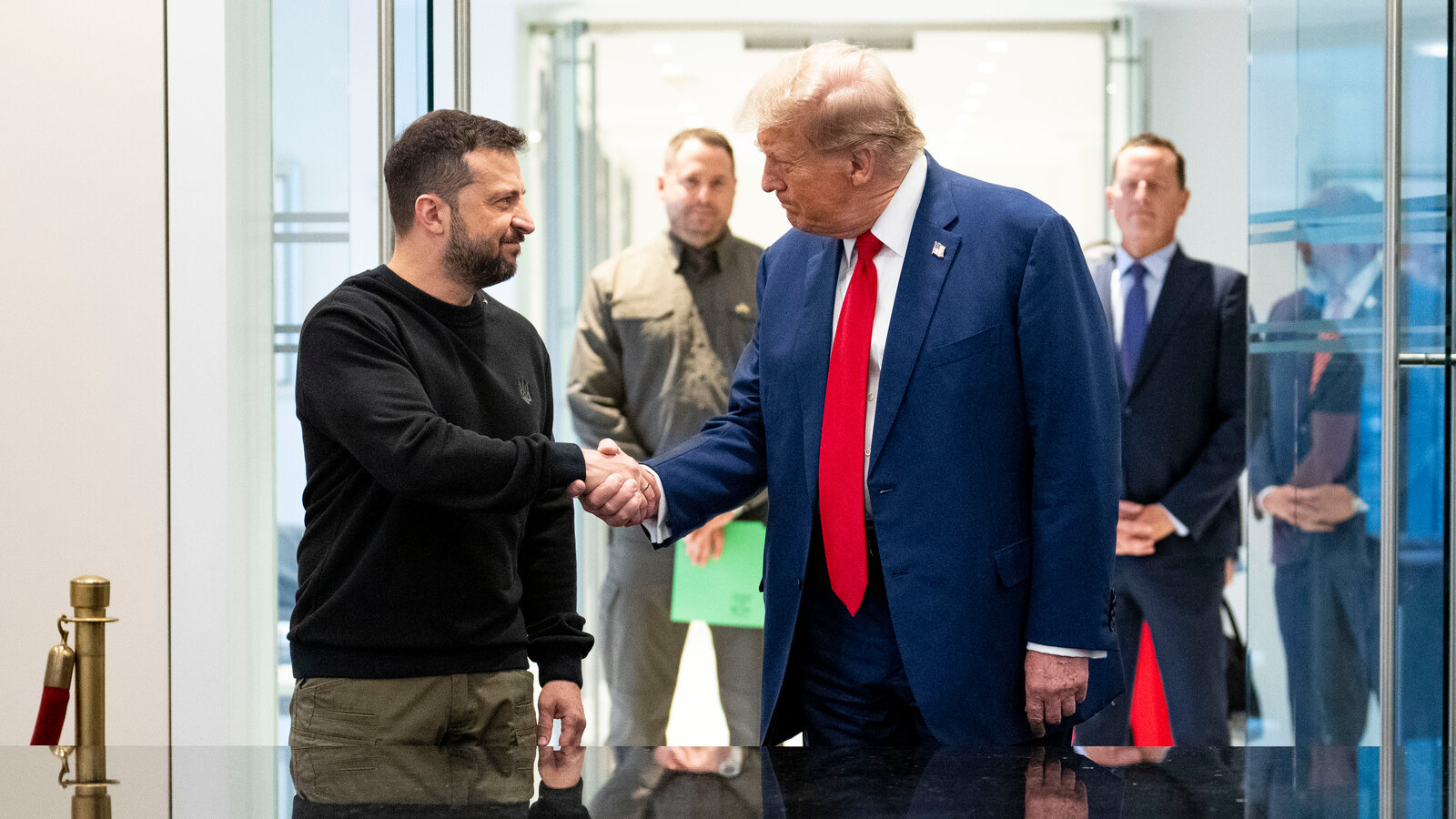
Ukraine Seeks to Win Over Trump by Offering Itself Up as a Colony
Offers natural resources and auxiliary troops


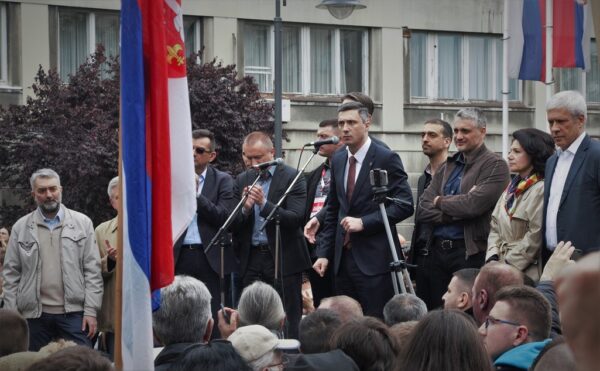

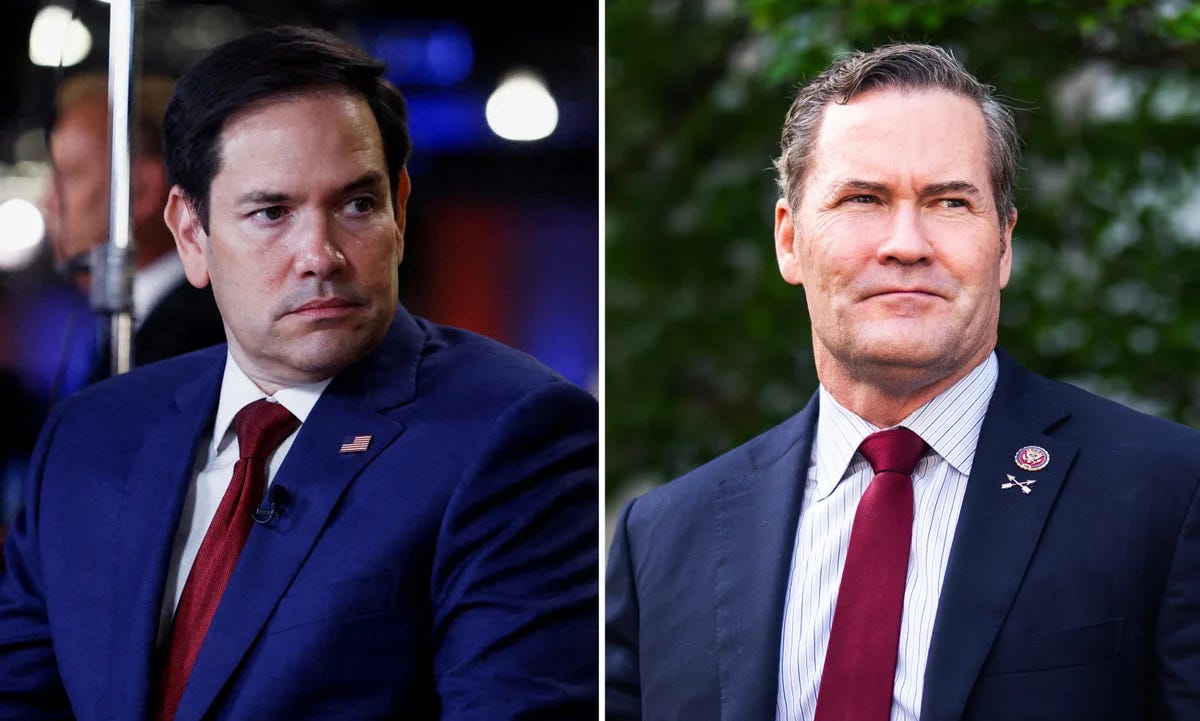
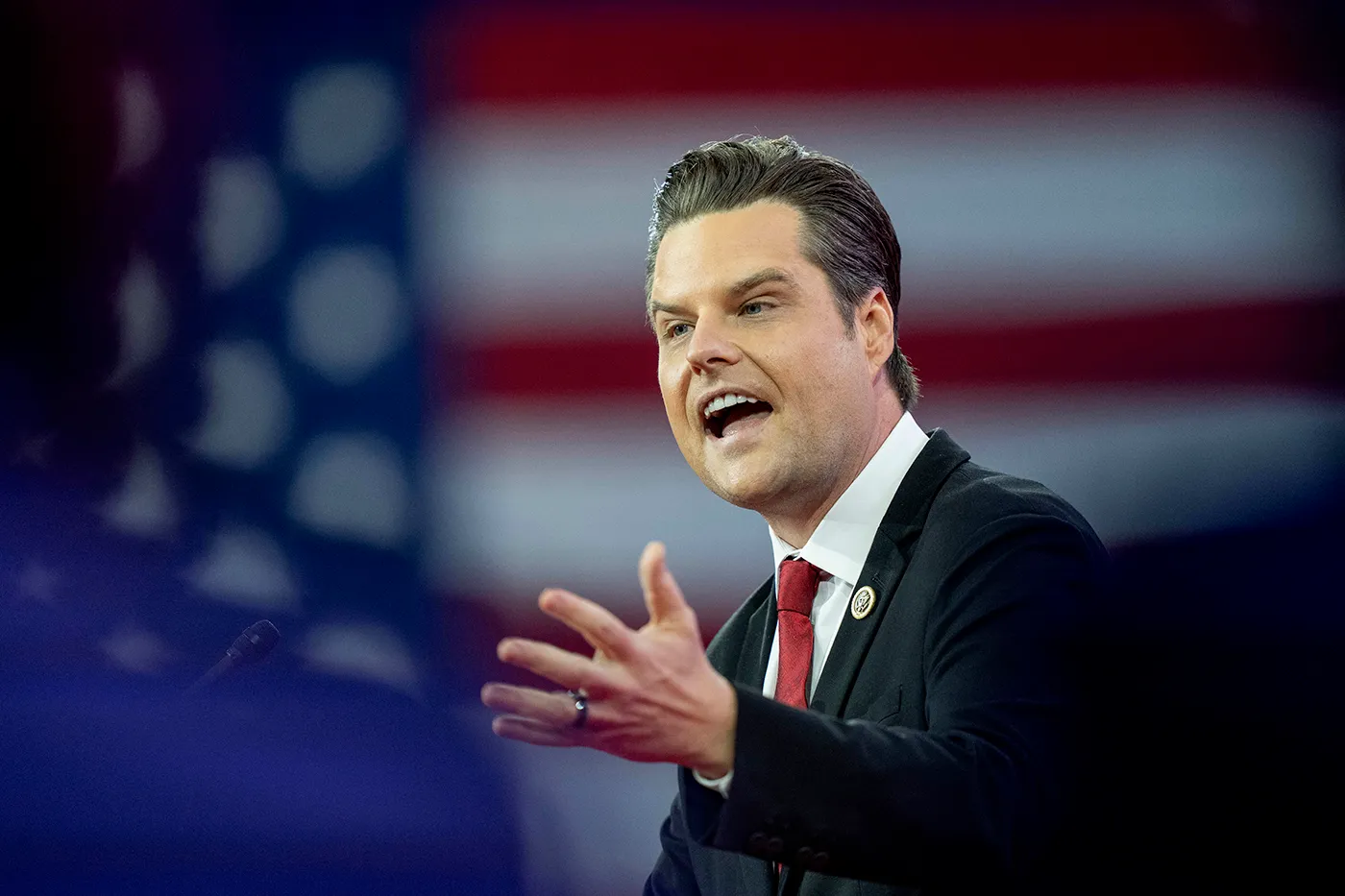

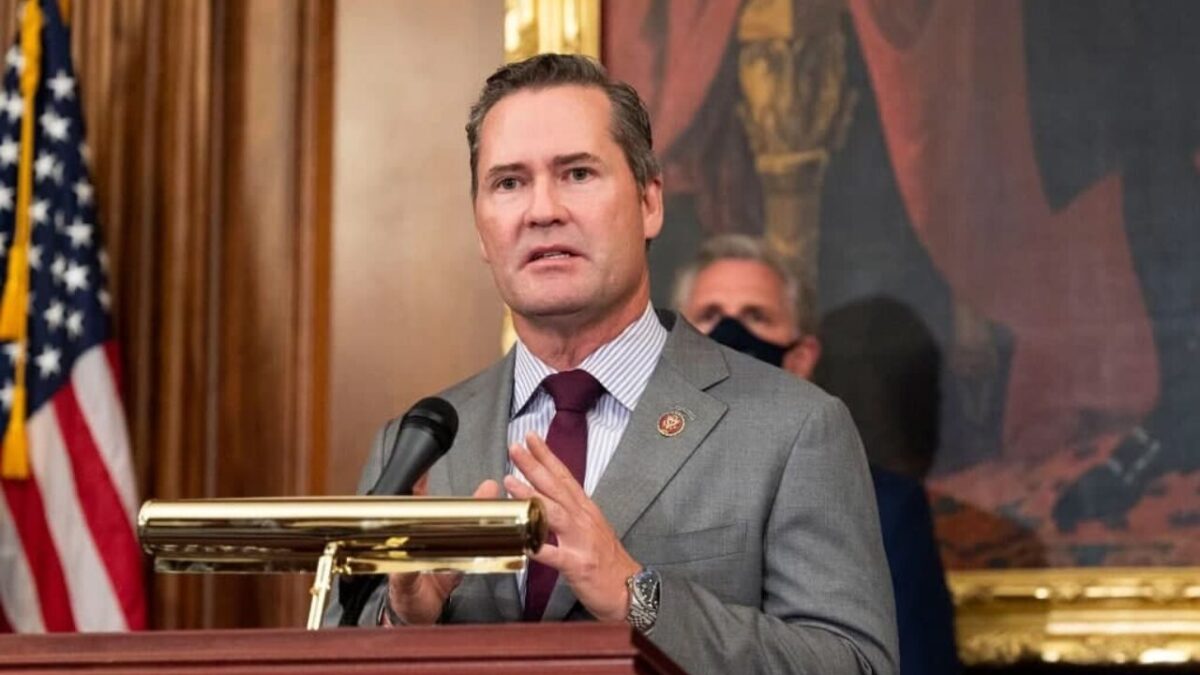
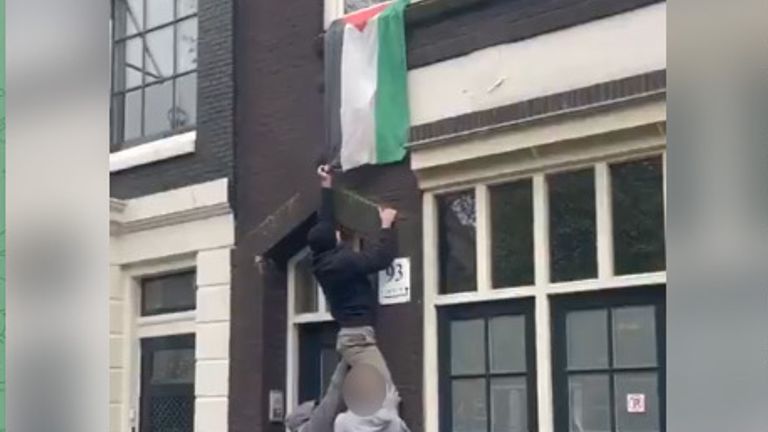
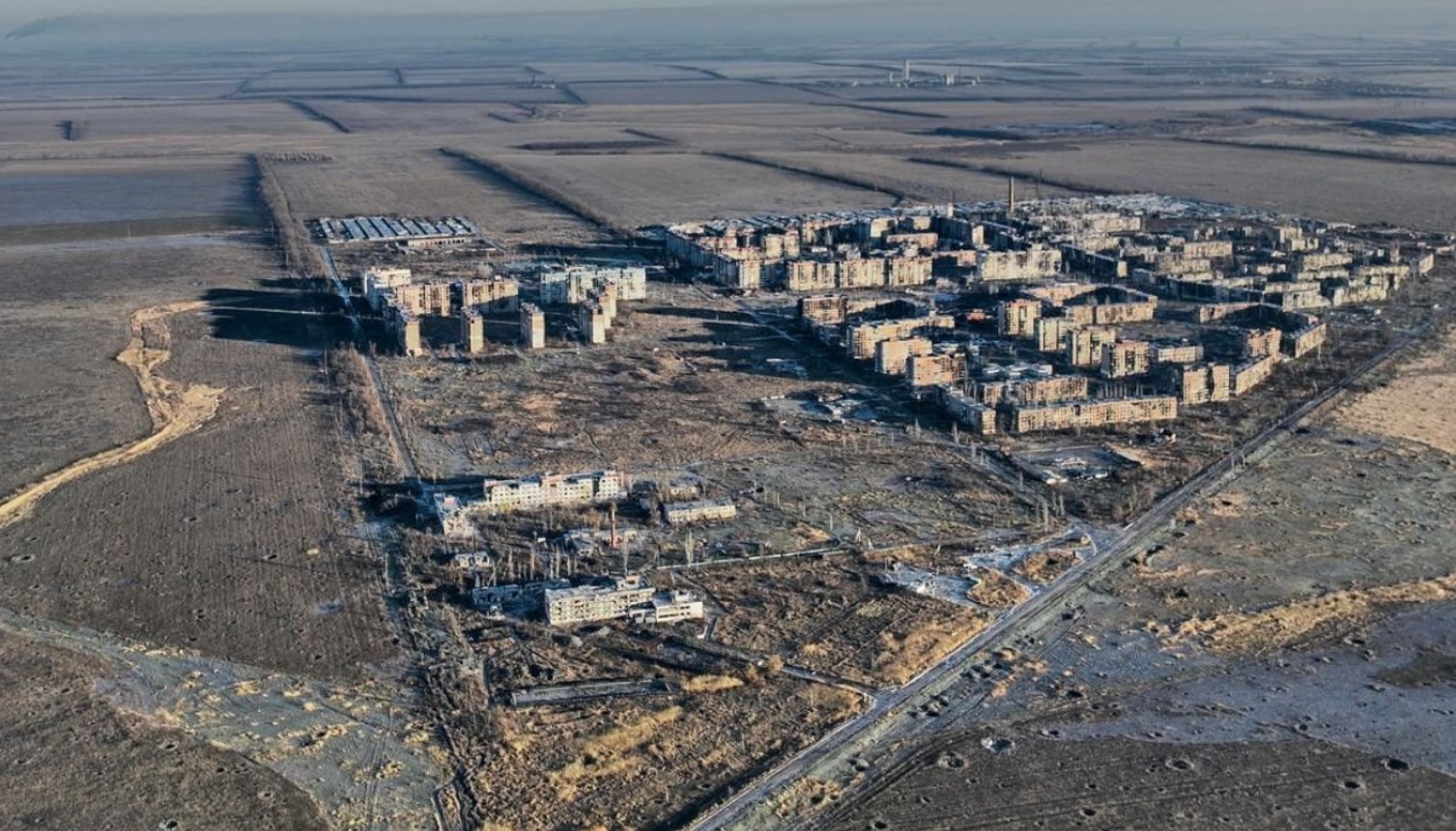
No comments.
By submitting a comment you grant Free West Media a perpetual license to reproduce your words and name/web site in attribution. Inappropriate and irrelevant comments will be removed at an admin’s discretion. Your email is used for verification purposes only, it will never be shared.